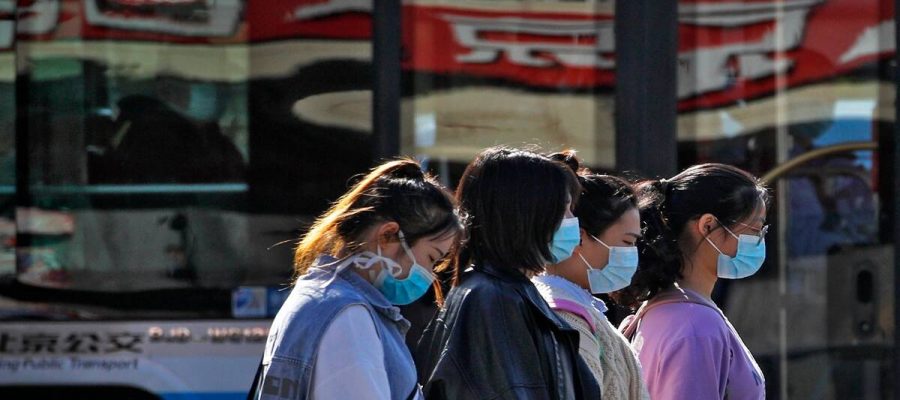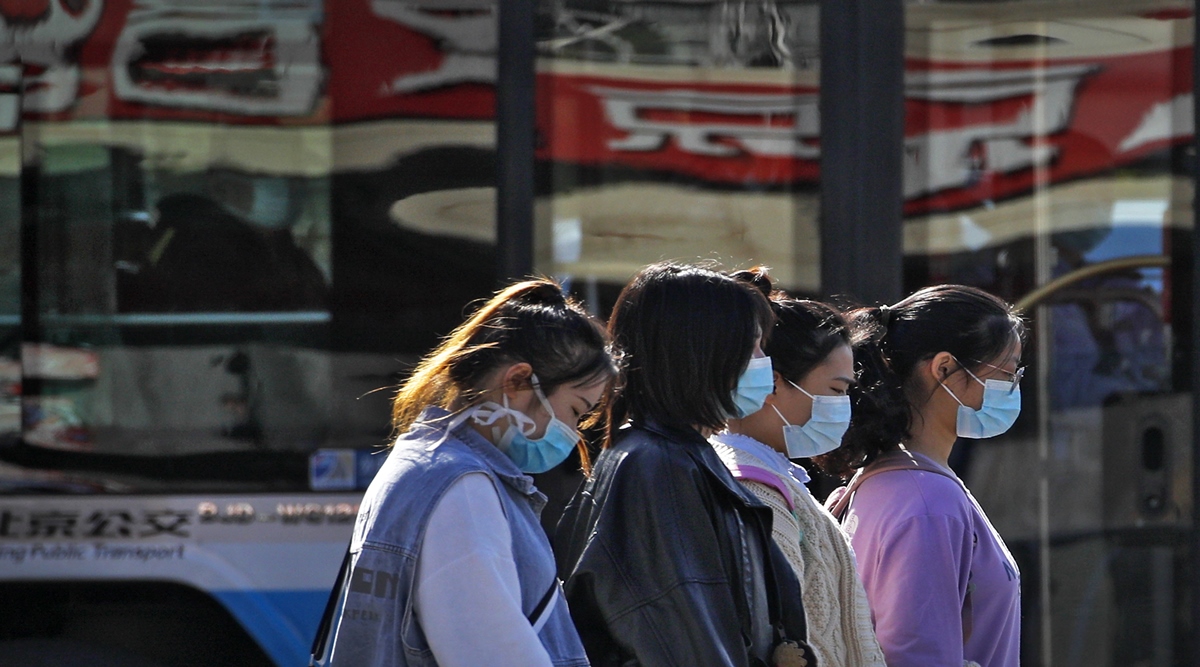Since the virus hit, Chinese economy has improved steadily, finishing the year with growth of 6.5% in the past three months compared to the same period in 2019.
Written by Keith Bradsher
As most nations around the world struggle with new lockdowns and layoffs in the face of the surging pandemic, just one major economy has bounced back after bringing the coronavirus mostly under control: China.
The Chinese economy rose 2.3% last year, the country’s National Bureau of Statistics announced Monday in Beijing. By contrast, the United States, Japan and Europe are expected to have suffered steep falls in economic output.
China’s strength seemed improbable a year ago, when the virus emerged in the central Chinese city of Wuhan. As travel and business ground to nearly a halt, the economy shrank 6.8% in the January-March period compared with 2019.
Since then, the economy has improved steadily, finishing the year with growth of 6.5% in the past three months compared to the same period in 2019. While the recovery remains uneven, factories across China are running in overdrive to fill overseas orders and cranes are constantly busy at construction sites — a boom in exports and infrastructure that is expected to drive the economy in the coming year.
At stalls in the Wuhan Taiyuan Textile Market in Hubei province, garment factory managers have been ordering large swatches of cloth to fill orders. At Xuzhou Construction Machinery Group in Jiangsu province, the plants have been running day and night to keep up with demand for new earthmovers and pile drivers. And at Huahong Holding Group, a large exporter in Zhejiang province of framed prints and oil paintings, profits have doubled.
“This is the only major economy that quickly recovered from the pandemic and could run business normally,” said Zhou Linlin, a Shanghai financier on Huahong’s board. “So all these orders from everywhere are coming to China.”
The overall resilience of China’s economy, though, masks pockets of weakness.
Jobs abound for blue-collar workers, but have been scarce for recent college graduates with little experience. Service businesses like hotels and restaurants did well in big coastal cities like Beijing and Shanghai, but never fully recovered in inland provinces. Makers of consumer electronics or personal protective equipment have benefited from the pandemic, but exporters to poor countries have not.
Source: Read Full Article


